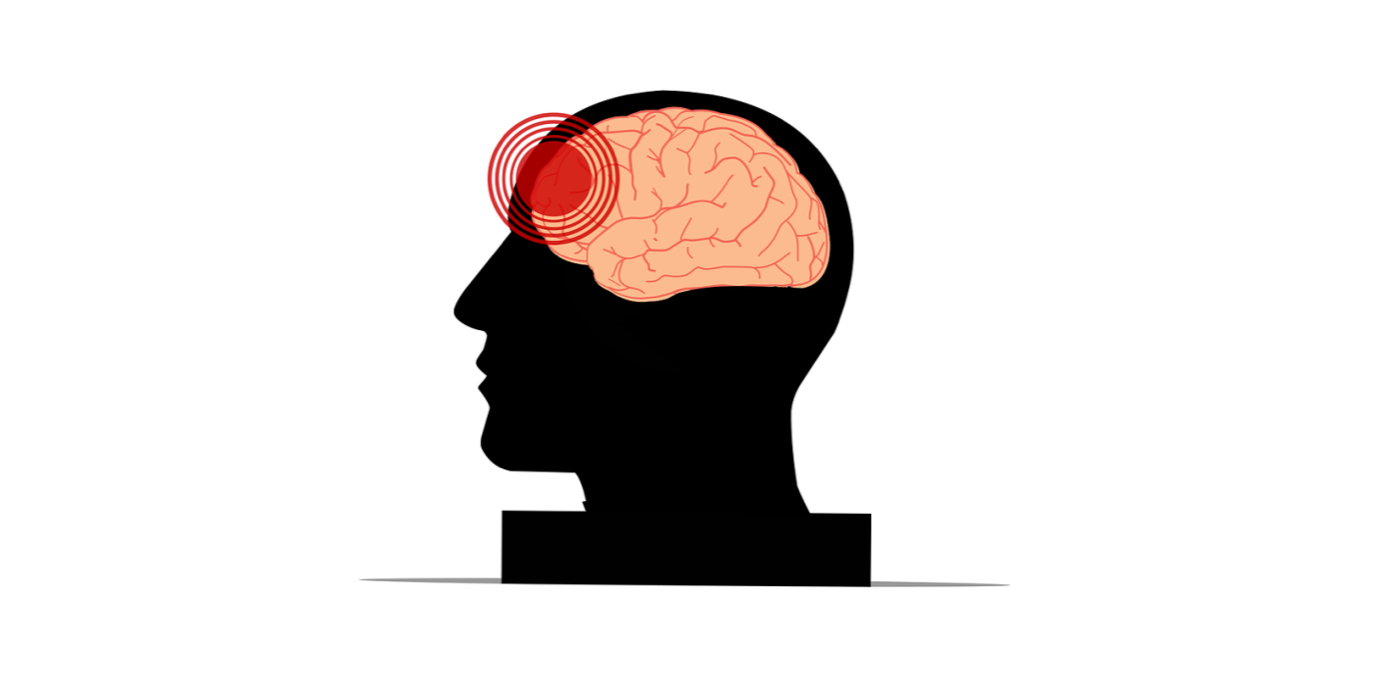By promoting safety awareness, using protective equipment, following safety guidelines, and seeking timely medical attention, we can minimize the risk of brain injuries and create safer environments for everyone.
Brain injuries can have significant and long-lasting effects on individuals and their families. Understanding the leading causes of brain injury is crucial for prevention, early detection, and timely intervention. In this article, we will explore the primary causes of brain injury, their impact, and ways to mitigate the associated risks.
Falls
Falls are the leading cause of traumatic brain injuries, especially among older adults and young children. Falls can occur in various settings, such as slippery floors, uneven surfaces, or from heights. It is essential to take preventive measures, such as installing handrails, using non-slip mats, and maintaining a clutter-free environment. Promoting balance exercises and safety awareness can also help reduce the risk of falls and subsequent brain injuries.
Motor Vehicle Accidents
Motor vehicle accidents are another significant cause of brain injuries. The impact from a collision or sudden stop can result in the brain hitting the inside of the skull, leading to traumatic brain injury (TBI). Wearing seat belts, using child restraints, and following traffic laws can significantly reduce the risk of brain injuries in car accidents. Avoiding distracted driving, such as texting or talking on the phone while driving, is also crucial in preventing motor vehicle accidents.
Sports and Recreational Activities
Participating in sports and recreational activities carries a risk of brain injury, particularly in contact sports like football, rugby, and boxing. Concussions, a mild traumatic brain injury, are common in these activities. Wearing appropriate protective gear, following safety guidelines, and implementing proper training techniques are essential in reducing the risk of brain injuries in sports. Prompt recognition and appropriate management of concussions are also crucial to prevent long-term complications.
Physical Assaults
Intentional acts of violence, including physical assaults, can cause severe brain injuries. These injuries often result from blows to the head or penetrating head injuries. Promoting non-violence, conflict resolution, and awareness of the risks associated with violence is vital. Creating safe environments and educating individuals on self-defense techniques can help prevent brain injuries caused by assaults.
Workplace Accidents
Occupational hazards pose a risk of brain injuries in various industries. Falls from heights, being struck by objects, or exposure to hazardous substances can lead to traumatic brain injuries. Employers are responsible for providing proper training and safety equipment and implementing safety protocols to minimize the risk of workplace accidents. Employees should adhere to safety guidelines, use protective gear, and report any potential hazards to ensure a safe working environment.
Recreation and Outdoor Activities

Engaging in recreational activities, such as biking, skiing, or skateboarding, can result in brain injuries if proper safety measures are not followed. Wearing helmets and other protective gear specific to the activity, following rules and regulations, and being aware of one’s surroundings is essential in preventing brain injuries during recreation and outdoor pursuits.
Explosions and Blasts
Explosions and blasts, such as those encountered in combat zones, industrial accidents, or terrorist attacks, can cause severe brain injuries. The force and impact of these events can result in concussions, penetrating injuries, or exposure to hazardous materials. Promoting safety protocols, proper training, and providing protective equipment can help minimize the risk of brain injuries in these situations.
How to Prevent Brain Injuries
Prevention plays a vital role in reducing the incidence of brain injuries. Here are some general preventive measures to consider:
Create Awareness
Educate individuals about the risks, causes, and consequences of brain injuries. This includes promoting safety awareness in various settings, such as schools, workplaces, and recreational facilities.
Use Protective Equipment
Use appropriate safety gear, such as helmets, seat belts, and child restraints, when engaged in activities with a potential risk of brain injury.
Follow Safety Guidelines
Adhere to safety guidelines and regulations, whether in the workplace, during sports activities, or while participating in recreational pursuits.
Avoid Risky Behaviors
Minimize engaging in activities that involve violence, excessive risk-taking, or distractions that can lead to accidents and subsequent brain injuries.
Seek Medical Attention
If a head injury occurs, it is crucial to seek immediate medical attention. Early detection, diagnosis, and appropriate medical interventions can help prevent complications and promote recovery.
Conclusion
Brain injuries can have a significant impact on individuals and their families. Understanding the leading causes of brain injury and taking preventive measures are crucial in reducing the incidence and severity of these injuries. Falls, motor vehicle accidents, sports injuries, assaults, workplace accidents, recreational activities, and explosions are among the primary causes of brain injuries.
By promoting safety awareness, using protective equipment, following safety guidelines, and seeking timely medical attention, we can minimize the risk of brain injuries and create safer environments for everyone.
If a brain injury was caused by the negligence of a third party, you can consult a personal injury lawyer to take legal action. Having an experienced legal team on your side will help you get compensation for your medical bill and any losses.


Join the conversation!